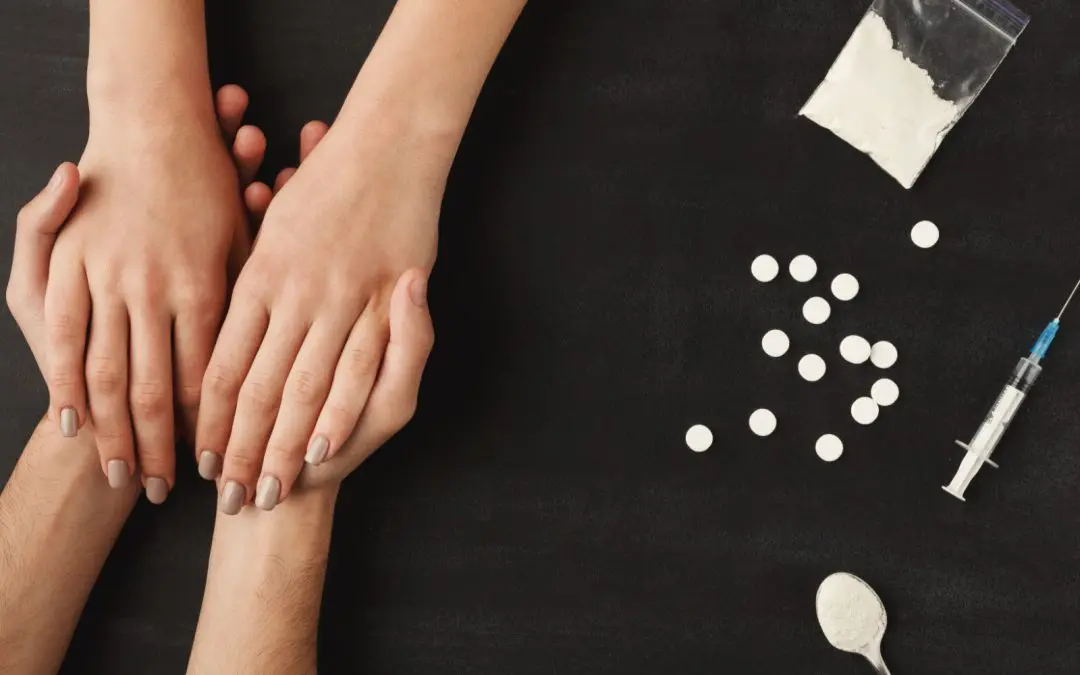24/7 Helpline:
(866) 899-111424/7 Helpline:
(866) 899-1114
Learn more about PTSD Treatment centers in Lampasas

Other Insurance Options

Carleon

Health Partners

ComPsych

Providence

Multiplan

Oxford

Magellan Health

Kaiser Permanente

CareFirst

Evernorth

Access to Recovery (ATR) Voucher

Optima

BlueCross

Sliding scale payment assistance

CareSource

Choice Care Network

Coventry Health Care

Excellus

WellPoint

MVP Healthcare











